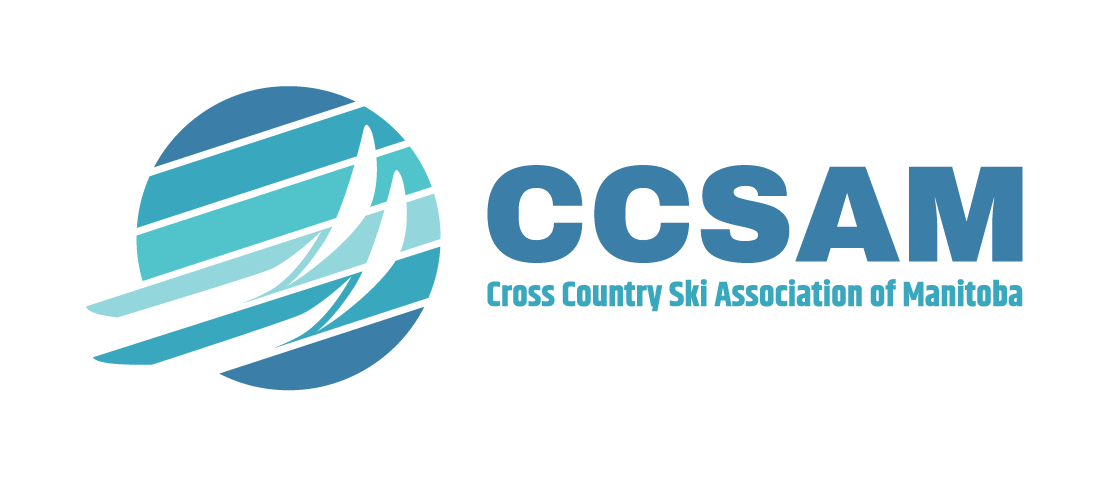Minimum Mandatory Coaching Qualifications
Every athlete is entitled to competent coaching. To improve the minimum standard of coaching throughout our athlete development system and prepare our sport system to meet the qualifications required for the Canada Winter Games and other events such as Provincial Winter Games, Nordiq Canada has established standards for coaching qualifications.
Every CCSAM Club must adopt the Pan Canadian Safe Sport Policies, provided by Nordiq Canada, including the Screening Policy. Other club coach specific policies include the Minimum Mandatory Coaching Qualifications (show here) and the Respect in Sport Policy (all active club coaches must remain certified). See all Policies here: Policies
Minimum Mandatory Coaching Qualifications policy
Nordiq Canada Minimum Mandatory Coaching Qualifications Policy 2023
Excerpt:
All coaches , including instructors, must have a Nordiq Canada Coaching License and be coaching on behalf of a club in order for insurance to apply. The Coaching License includes SafeSport requirements.
NCCP Community Coaches “in training” have completed the Coach Initiation in Sport and Introduction to Community Coaching e-Learning modules. These coaches can:
- Supervise, assistant coach, or coach ski activities for children six years of age and younger, or
- Assist with coaching ski activities for children six to nine years of age
“Trained” Community Coaches have completed the Community Coaching in-person workshop. These coaches can:
- Supervise, or coach ski activities for children six to nine years of age, or
- Assist with coaching ski activities for children nine to sixteen years of age
NCCP Competition Coach Introduction (CCI-L2T) “in training” have completed the CCI-L2T Dryland workshop. These coaches can:
- Supervise, or coach ski activities for children nine to sixteen years of age
Coaches under sixteen years of age (U16) who have completed the ICC Workshop can only assist with ski activities for children six years of age and younger, under the supervision of a qualified coach 16 years of age or older; and
Coaches under sixteen year of age (U16) that have completed the CC Workshop can only assist with ski activities for children nine years of age and younger, under the supervision of a qualified coach 16 or older.
NB: In this policy ‘assisting’ or ‘assistant coaching’ applies only to coaching-related activities. Any person assisting in coaching-related activities must be actively and meaningfully supervised by a coach that is qualified in accordance with this policy. Parents, chaperones, and other individuals who are present to ensure the comfort of participants or to provide other services are deemed not to be ‘assisting’ for the purposes of this policy as long their primary purpose for attendance is not to provide coaching or instruction with respect to ski activities.
Minimum Age for NCCP Workshops
Coaches must be a minimum of 14 years of age on the first day of an ICC Workshop in order to participate in that course. Although it is not a requirement, CCC strongly suggests, when possible, that coaches that are 14 or 15 years of age (U16) participate in workshops specifically targeting this age group in order to allow the learning facilitator to adapt his/her facilitation to the learning profile that characterizes U16 coaches. These coaches’ learning experience will be enhanced by an adapted facilitation style as opposed to trying to adapt to a class made up of more mature adults with a very different background;
Coaches must be a minimum of 16 years of age on the first day of a CCI – L2T (Dryland) Workshop to participate in that course;
The minimum age for designating a coach as NCCP “in training”, “trained”, and “certified” is 16 years of age. Therefore U16 coaches that have completed ICC and CC Workshops will be recognized on the CAC Database with the status indicator “Under 16”. Roll-over to the appropriate post-16 status indicator will happen automatically upon their 16th birthday.
Coaching Ethics
The athlete/coach relationship is a privileged one. Coaches play a critical role in the personal as well as athletic development of their athletes. They must understand and respect the inherent power imbalance that exists in this relationship and must be extremely careful not to abuse it. Coaches must also recognize that they are conduits through which the values and goals of a sport organization are channelled. Thus, how athletes regard their sport is often dependent on the behaviour of the coach. The following Code of Conduct has been developed to aid coaches in achieving a level of behaviour that will allow them to assist their athletes in becoming well rounded, self-confident and productive human beings.
Core coaching values have been formalized and expressed as a series of principles in the NCCP Code of Ethics. These principles can be thought of as a set of behavioural expectations regarding participation in sport, coaching athletes or teams, and administering sports. The NCCP Code of Ethics can help coaches to evaluate issues arising within sport because it represents a reference for what constitutes both “the good and right thing to do”. For example, the code of ethics helps coaches make balanced decisions about achieving personal or team goals and the means by which these goals are attained.

EVERY coach in Manitoba MUST complete the Respect in Sport for Activity Leaders certification (every 5 years).
